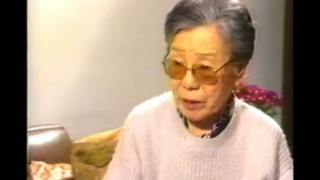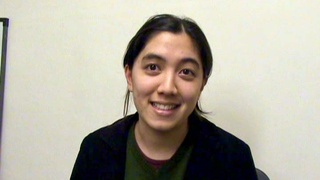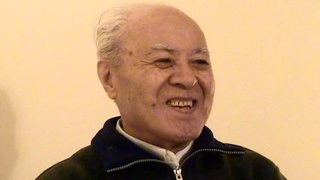Interviews
Mother founded Japanese language school in neighbors’ backyard
I went to Japanese language school. My mother actually founded the Japanese language school. In our neighborhood, since we were the only family initially — our neighbors were Dutch. And they had a back guest house type of area, where the Buddhist reverend came all the way out to where we lived in the suburbs, and there were three of us in the Japanese language class: my sister, myself, and I can’t remember who the third person was.
Eventually my mother went to a different Buddhist church where she knew people, and she knew the bishop, and they were willing to come out to try to start a Japanese language school. So we were in a nursery area, and then people were from outlying areas coming into it, and they eventually were able to raise funds and build an actual building where the Japanese language school still remains. And when I had children later in life, my sons did go to that Japanese language school briefly.
Date: July 27, 2018
Location: California, US
Interviewer: Kiya Matsuno
Contributed by: Watase Media Arts Center, Japanese American National Museum; Japanese American Bar Association









